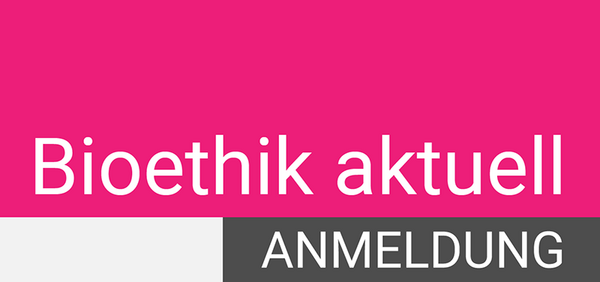Synthetische Mausembryonen: Modelle als Herausforderung der Sachlichkeit
Zusammenfassung
Synthetische Mausembryonen aus Stammzellen und die mögliche Übertragung der Technik auf den Menschen zum Ersatz von Tierversuchen und Spenderorganen wirft ethische Fragen auf. Sachliche Beurteilung setzt das Wissen um den Status des Embryos voraus. Eine Reflexion über die Prinzipien des Daseins zeigt, dass es sich beim sEmbryo um ein Lebewesen und nicht bloß um ein Modell handelt, das technisch seiner natürlichen Bestimmung „beraubt“ wird. Eine Verzweckung potentieller menschlicher sEmbryonen für medizinische Anwendungen sollte daher durch ethische Regularien verhindert werden.
Schlüsselwörter: synthetischer Mausembryo, ethischer Status, Thomas von Aquin, ontologische Reflexion
Abstract
Synthetic mouse embryos derived from stem cells and the possible transfer of the technique to humans to substitute animals experiments and donor organs have raised ethical concerns. For objective reasoning, we must know the moral status of the embryo. An ontological reflection about the principles of being shows that the embryo is a living being with the active potential to become an adult mouse. However, due to a technical intervention, it displays serious deficiencies that prevent it from birth, that deprive it of its natural destiny. Due to this missing information, the synthetic embryo is not an appropriate model for toxicity tests or as a reservoir for organs.
Keywords: synthetic mouse embryo, moral status, Thomas Aquinas, ontological reflection
Mag. pharm. Dr. Margit Spatzenegger, Lic. Bioethics
Scheibenbergstrasse 38/2/21, A-1180 Wien
Margit.Spatzenegger(at)gmx.net







